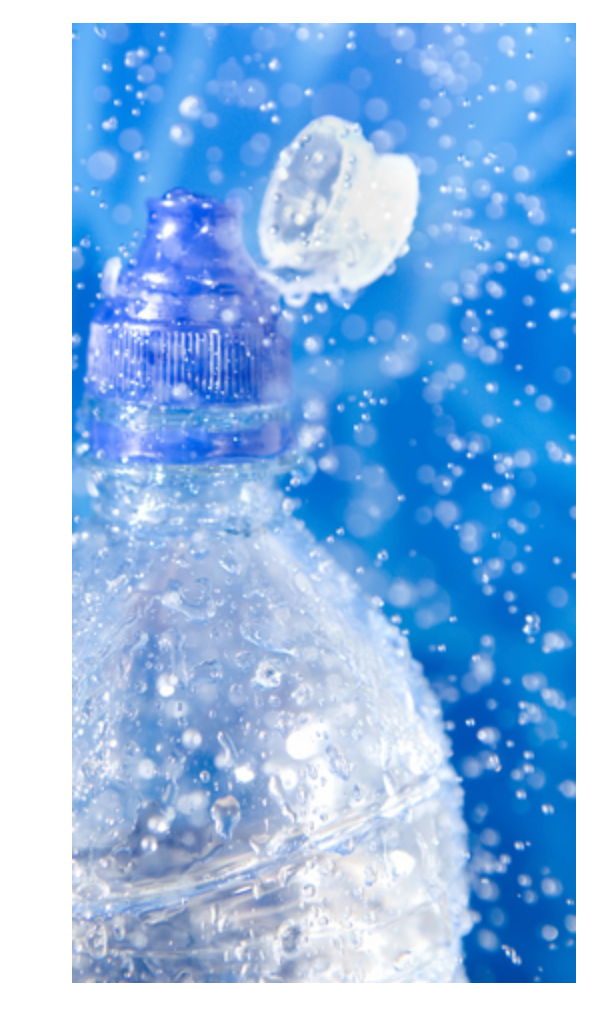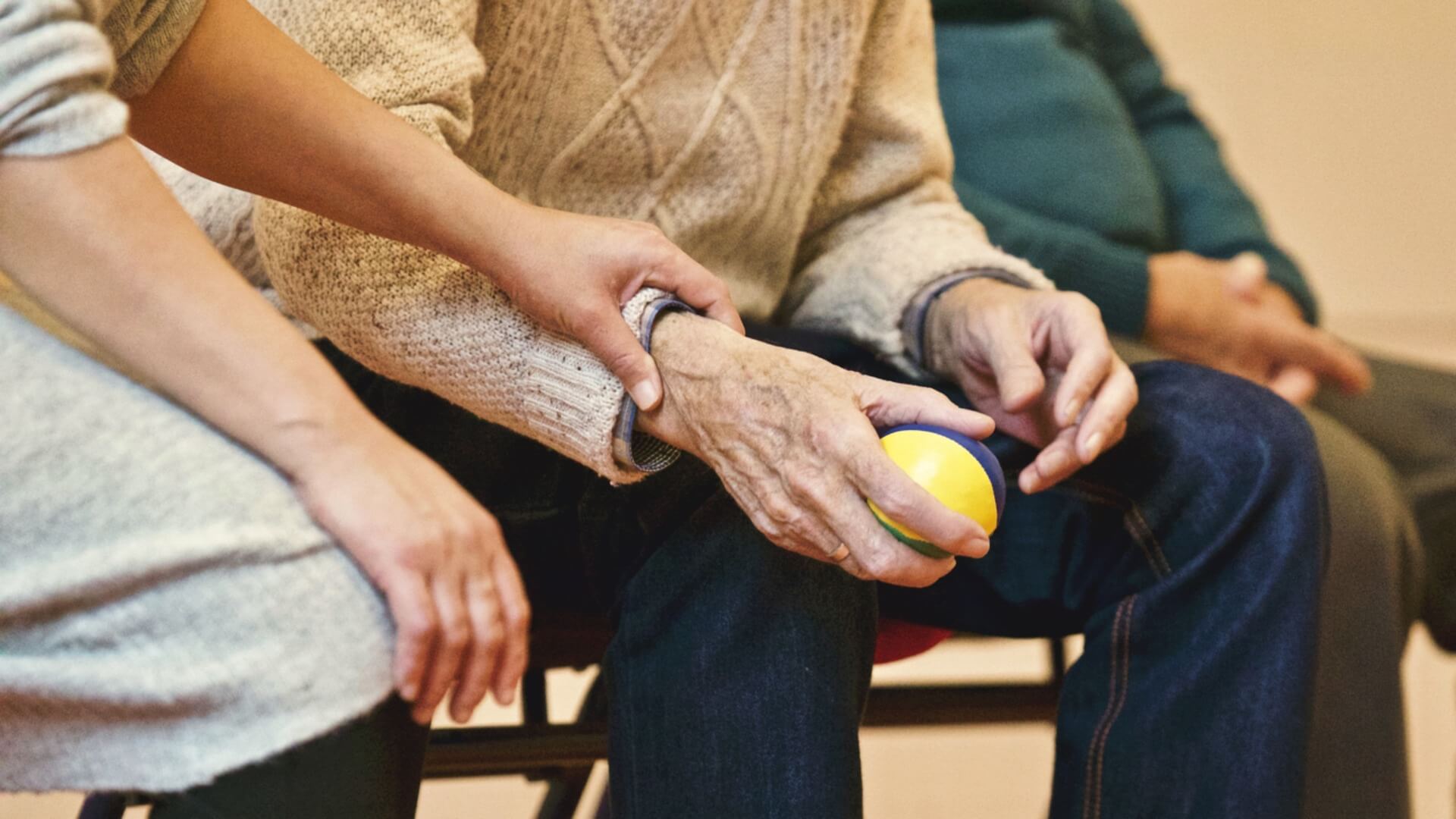Seniors can easily fall victim to dehydration when their bodies don’t get the fluids they need. It is one of the top ten causes of hospitalization among the elderly and one of the most easily preventable. Now that the heat of summer is finally upon us, it’s important to realize just how vital the intake of pure water is on the health and well-being of those over 65 years of age.
As people age, their ability to detect thirst lessens. Therefore, if liquids are only taken when a person feels thirsty, they might not be getting the amount of water they need. And things only get worse in advanced age.
The European Hydration Institute reports that people aged between 85-99 years are 6 times more likely to be hospitalized for dehydration than those aged 65-69 years.
High-risk seniors tend to be those who live on their own in the community. As such, they rely on their caregivers to recognize the symptoms of dehydration and take appropriate steps to combat it.
Signs of dehydration are:
- Dry or sticky mouth
- Low or no urine output; concentrated urine appears dark yellow
- Lack of tear drops
- Sunken eyes
- Lack of skin elasticity
- Lethargy
Here are some tips from the EHI to help keep elderly people well-hydrated:
- Fluids should be taken at mealtime and in between meals. Fluids should be readily available and physically accessible both day and night.
- Caregivers should be familiar with dietary changes so that appropriate hydration recommendations can be made.
- Alcoholic beverages may provoke dehydration and are not recommended.
- Many types of foods contain a substantial amount of water. If an older person finds it difficult to increase the amount of fluid drunk, increasing the intake of foods, such as soups or fruit and vegetables, which typically contain 80-90 percent water, can help to maintain an adequate water intake as well as being good sources of essential nutrients.
- Varying flavors and even colors can improve palatability of beverages offered and can help facilitate adequate hydration.
Caregivers should also keep in mind that an ounce of prevention is worth a pound of cure and is essential to healthy aging. During the dog days of summer, watermelon, popsicles and ices are also delicious means of keeping your senior well-hydrated and out of the hospital.
Senior caregivers can gain additional crucial caregiving skills by taking a 10-hour online Caregiver Certification training course.








